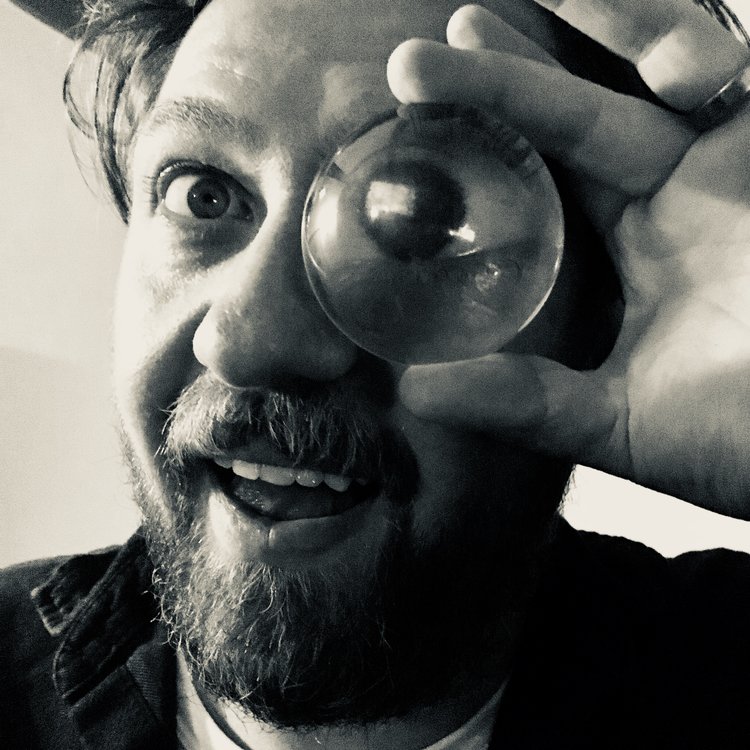Neat article on the positioning of Big Data and Ethnography over at Ethnography Matters (Big Data needs Thick Data).
"Thick Data: ethnographic approaches that uncover the meaning behind Big Data visualization and analysis."I've been thinking a lot about this lately, especially in my world where I advocate design and ethnographic research methods to help with the creation of data analysis products. As a 'user experience' person I know the value of deeply understanding the people who use or could use a product. Ethnographic research brings so much colour and context to the user and helps elicit real empathy for those people - you simply can't draw that out of cold metrics and statistics.
The author talks about how big companies:
"... need Thick Data because it gives something that Big Data explicitly does not—inspiration. The act of collecting and analyzing stories produces insights."For me this is a very interesting point. In the data viz world we talk about the power of storytelling all the time. It has become a much hyped phrase which spans many approaches from the bad old days of 'reports' to powerpoints and infographics and even live data exploration with 'on the fly insight'. Storytelling is fundamental to ethnography it's at the very core of the discipline. I think the interesting thing here is how the two areas can blend together, insights and data 'facts' supported by real world observations, stories and above all humanity. This combination can create truly compelling arguments where the individual is used to express the humanity of the group (the aggregation, the data point). It gives us characters to connect with and relate to, it's very hard to get that with a number alone. Of course this can slip into journalistic and media tendencies where the 'data' can be polluted and the insight skewed by the emotional engagement of the viewer, especially when the story is crafted by a 'savvy operator', but so too can the data. I hope that with the development of the right framework and research approaches there should be a way to tie the two spaces together. A way that leverages the credibility of the scientific aspects and maintains our connection with the human. This combination of human feelings with the data can help people grasp the meaning and potential impact of their decisions. The great work in data storytelling by Hans Rosling and data visualisation in general by Edward Tufte is helping these areas come together. The raw measurement alone (no matter how statistically significant) isn't enough, even the beautifully crafted visualisation doesn't do the trick. It's the story about what this means, what possibilities this opens up and what impact it has that makes the real difference and has the real power.
It's good to see the debate begin to moved on from the early polarizing arguments where quantitative approaches crashed into qualitative. Where sample size was the only debate. The idea of combining the deep and human nature of ethnography with Big Data and essentially behavioural economics opens up some amazing opportunities for products and their design. It's a great time to be designing for people.
